News + Media
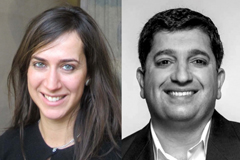 |
In the NewsOctober 14, 2016Collaborating with peers across disciplinesStory prepared by MIT SHASS Communications; Editorial and Design Director: Emily Hiestand; Writer: Leda Zimmerman MIT NewsFotini Christia, associate professor of political science, and Ali Jadbabaie, JR East Professor of Engineering, discuss their research on the dynamics of sociopolitical change. They also share about the MIT Institute for Data, Systems, and Society and how it brought them together. |
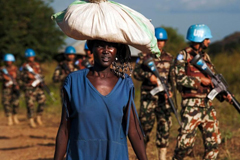 |
Analysis + OpinionOctober 13, 2016Impose an arms embargo in South SudanJacey FortinBoston Globe“For many South Sudanese, peace has been punitive. Millions have been displaced by a civil war that began in 2013, two years after the country achieved independence,” writes Jacey Fortin, the Center’s Elizabeth Neuffer Fellow, in an opinion piece for the Boston Globe. |
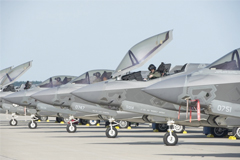 |
In the NewsOctober 13, 2016The US defense budget: Too big, too small or just right?Michelle NewbyThe National Interest“Everything starts with strategy in this business,” answers Barry Posen, Ford International Professor of Political Science and director of the MIT Security Studies Program, as to whether the US defense budget is the appropriate size. “If you accept the present grand strategy it might be true that the defense budget is actually too small.” |
 |
In the NewsOctober 12, 2016Immigration and terrorismJohn TirmanNegative attitudes toward immigrants have many roots. But several studies demonstrate that immigrants of all kinds boost the US economy overall and hurt few if any native-born Americans. So, what really mobilizes anti-immigrant attitudes? John Tirman, CIS executive director and principal research scientist, explains. |
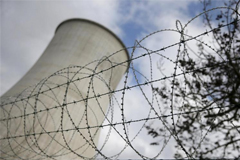 |
News@E40October 7, 2016Nuclear Security Fellows ProgramWith the support of the Stanton Foundation, the Security Studies Program has launched a Nuclear Security Fellows Program for junior faculty as well as pre-doctoral and post-doctoral scholars. The Program seeks to stimulate the development of the next generation of thought leaders in nuclear security. Meet this year’s Fellows |
 |
News@E40October 7, 2016Boren scholarships info sessionBoren Awards provide a unique funding opportunity for US undergraduate and graduate students to study specific languages in world regions critical to US national security interests. Learn more at the information session on October 18. |
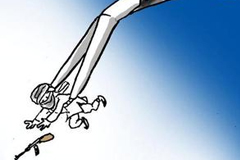 |
Analysis + OpinionOctober 4, 2016The lines that have been crossedVipin NarangThe HinduAs the dust settles following the so-called September 29 “surgical strike” which witnessed the publicly acknowledged employment of Indian special forces across the Line of Control (LoC) for the first time in over a decade, it is useful to take stock of the larger implications… |
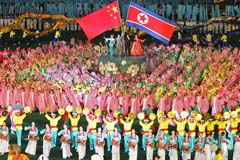 |
Analysis + OpinionSeptember 18, 2016How to get China to use its leverage against North KoreaEric Heginbotham and Richard J. Samuels The National InterestIt is time for a bargain between Washington and Beijing on a new and tougher approach—one that will require China to use its leverage to change North Korean behavior. Barring that, those most directly threatened—South Korea, Japan, and the United States—will rightly adopt new defensive measures that will, ultimately, impinge on Beijing’s security interests. |
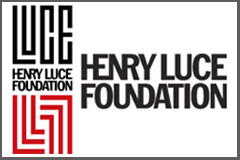 |
News@E40September 14, 2016Luce fellowship deadline Oct. 20Thursday, October 20, is the deadline for the Luce Scholars Program. Young scholars from a variety of intellectual fields will be placed in internships throughout Asia. Candidates must have no prior experience in the region. More information
|
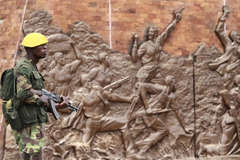 |
Analysis + OpinionSeptember 12, 2016Why Zimbabwe's military sticks with MugabePhilip MartinForeign AffairsZimbabwe is headed for turbulent waters. Over the last few months, a protest movement has highlighted popular dissatisfaction with what many Zimbabweans see as the economic mismanagement and heavy-handed tactics of the government of President Robert Mugabe. Opposition groups are joining forces in an effort to defeat the ruling party in the 2018 elections. |

